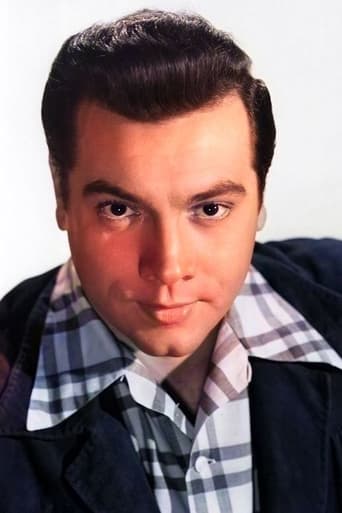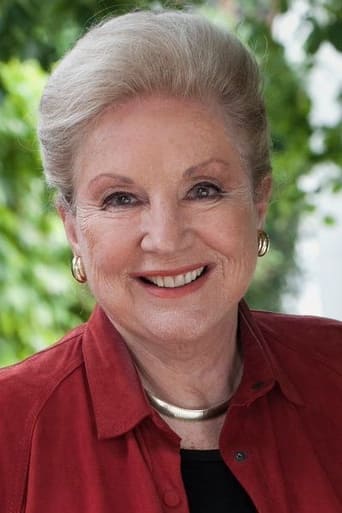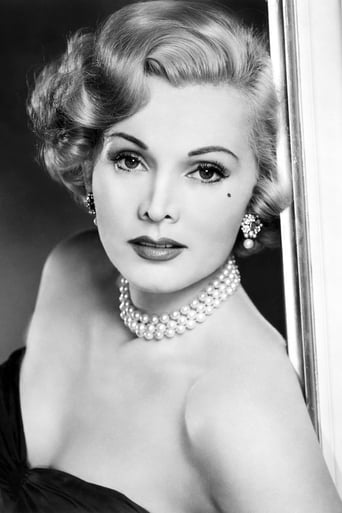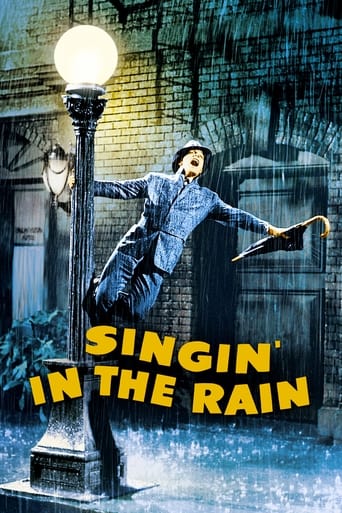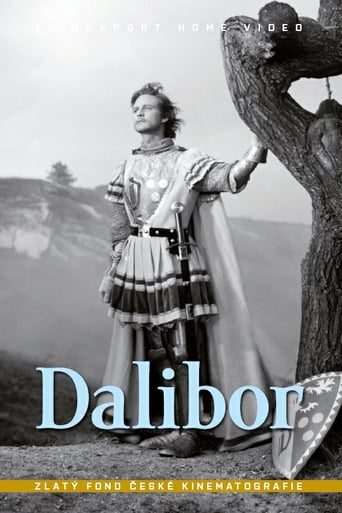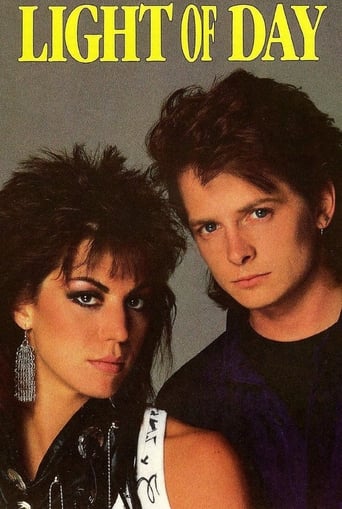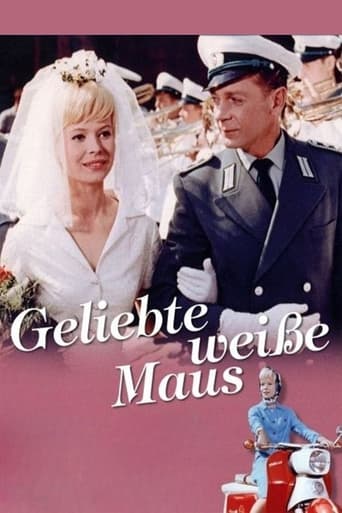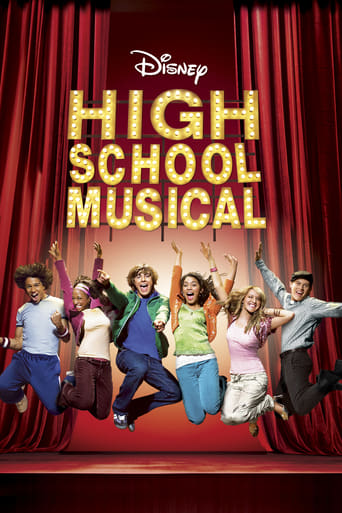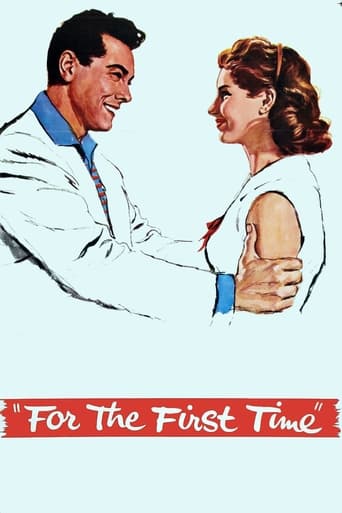

For the First Time (1959)
In this musical, a tempermental opera singer falls in love with a hearing-impaired young woman.
Watch Trailer
Cast
Similar titles
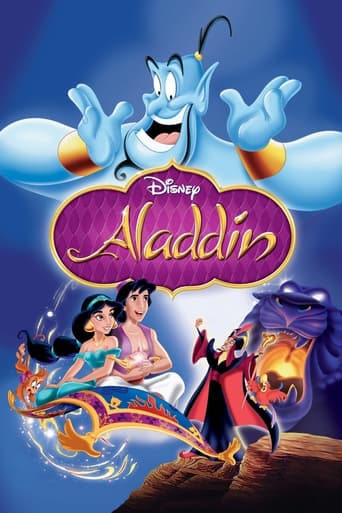

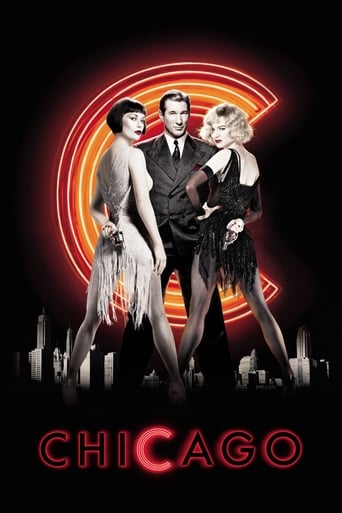
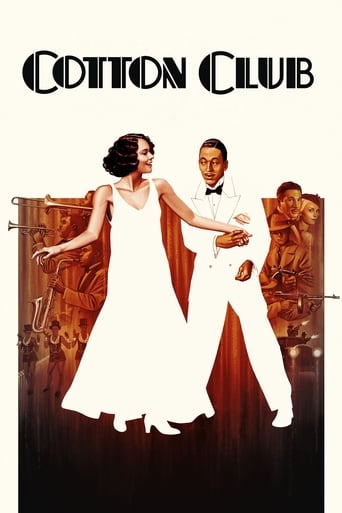
Reviews
Save your money for something good and enjoyable
Bad Acting and worse Bad Screenplay
Blistering performances.
what a terribly boring film. I'm sorry but this is absolutely not deserving of best picture and will be forgotten quickly. Entertaining and engaging cinema? No. Nothing performances with flat faces and mistaking silence for subtlety.
There is a similarity between the films of Elvis Presley and some by Mario Lanza. A young man travels around, singing for people along the way, sometimes surrounded by his adoring fans. There is usually a fistfight, and always a girl. "For the First Time" even includes a dust-up, like a Presley film.The young lady in this film is a deaf girl Tonio (Maria Lanza) falls in love with. The fact that he is a singing superstar and she cannot hear his voice is a plot point. The fact that the title song is uninspiring is a weak point of the film.Lanza's career capitalized on his crossover appeal to fans of opera and popular music alike. Here, the viewer gets some of both. But the plot is weak and fails to capitalize on Lanza's tremendous voice. As an actor, Lanza is adequate, but he lacks the ability to engage the audience in drama the way his voice can capture feelings with heart-rending effect.Lanza's film career was plagued with concerns about his weight, so a brief bit involving a scale is a self-deprecating moment of levity. Not so funny is the fact that this was Lanza's last film and that his girth surely had something to do with it.
Mario Lanza sings and stars in his last film, "For the First Time," which has beautiful music sung against some of the most glorious scenery in the world on the Isle of Capri.Lanza plays opera star Tonio Costa who is seemingly always in trouble -- on the night of a concert, he doesn't show up and is found standing on a taxi singing for the people who couldn't get into the theater. He seems to have developed a bad reputation along the way. So his manager (Kurt Kasznar) sends him away for a vacation and to straighten himself out. He goes to Capri, and while there, he meets a young deaf woman (Johanna von Koczian). They fall in love, but she refuses to marry him until she can hear him.The story is sappy, but it's just an excuse for the music. Lanza's voice is much darker here, with the middle voice really opened up. As a singer myself, I will say this normally happens about 15 years after it happened to Lanza. With age, the vocal cords thicken. Many singers find new warmth and power in the middle, while the top notes become more difficult. I attribute these changes in Lanza to his drinking and hard lifestyle, which I suspect included smoking.At any rate, here he sings "Come Prima," "La Donna e mobile," "Vesti la giubba", the final scene of "Othello", the beginning of the Rigoletto quartet, a partial duet from Cosi fan Tutte, the Triumphant March from Aida, and Neopolitan and Bavarian songs. And with all that, I could have used more. As usual, the repertoire is strange - you don't give Cosi to a spinto tenore, and you don't give that role to one of Costa's supposed stature, nor should he have been singing Othello. Yes, singers can start out their careers with a lyric Mozart role, and as the voice develops, sing spinto roles - not a month later, but years later -- and possibly end their careers with an Othello, which is a dramatic tenor role, but again, not a month later.Lanza is bloated in many closeups and wears a suit jacket or a robe the entire movie, apparently to cover weight gain which isn't really that evident.How many young men did Mario Lanza inspire to take up operatic singing? How many people did he introduce to opera? One can only look at him here and say, what a waste. Since he was living in Rome, he was offered operatic stage roles. Imagine if he had lived to do them. One can only wonder why some gifted people are like fireworks, flaring up and then fading.The young woman in the movie, Johanna von Koczian, is "introduced" here and a superficial knowledge of movies is enough to tell you she didn't make it in Hollywood. However, she had, and is still having, a wonderful, full career in Germany. Her daughter is an actress as well.Highly recommended if you love opera and especially for Lanza fans.
Musically speaking, Lanza's best movies are undoubtedly The Great Caruso, Serenade and For The First Time. The Great Caruso is the most accessible of the three, and also has the best production values. Serenade is a much darker movie, and contains Lanza's most impressive dramatic singing. It does, however, suffer from an uneven script (see my review if you're interested).Although a much lighter tale, For The First Time is similarly flawed. It contains the most perfectly balanced musical programme of any of the tenor's seven movies, but at the same time suffers from a poorly written script and some sloppy dubbing. As with The Seven Hills of Rome the preceding year, the original script was apparently a good one, but somewhere along the way a sugar coating was added to the story. The result was a highly sentimental tear-jerker with a good deal of banal dialogue.It's to Lanza's credit, then, that For The First Time transcends its limitations and remains a watchable - and often moving - swansong from a musical giant. It helps that Lanza, just a year before his death, was in superb voice throughout - with one exception that I'll get to in a minute. Here his voice retains the baritonal depth of the Serenade period, but if anything his tenor is even rounder that it had been three years earlier. This is a voice of extraordinary depth and power. The high notes are faultless and retain the brilliance of old, but equally importantly his singing is more controlled and sensitive than in some of his boisterous earlier appearances. It must have helped that the operatic selections were recorded (and filmed) at the Rome Opera House, thus providing the tenor with a more artistic atmosphere than Hollywood could ever have afforded.The Vesti La Giubba scene is extremely moving, both visually and vocally. Free of distracting histrionics, this is a very different rendition from his slightly hammy earlier performances of the aria. If you never thought Lanza could top his magnificent rendition from The Great Caruso, then be prepared for a big surprise. This is the perfect Canio voice - dark, rich and powerful - and the pathos in Lanza's voice as he sustains the climactic High A on the word "infranto" is all but overwhelming.The other operatic selections are equally impressive - with the exception of the strained La Donna E Mobile that begins the movie. The Otello Finale, Grand March from Aida, and trio (E Voi Ridete) from Cosi Fan Tutte present an amazingly varied programme, and I can think of no other tenor capable of pulling off both the drama of Verdi and the lightness of Mozart with such effortless panache.Among the lighter selections, Lanza also sings appealing versions of Come Prima (For The First Time), O Sole Mio, Schubert's Ave Maria, a Bavarian Drinking Song (Hofbrauhaus Song), and the pretty-though-brief O Mon Amour. There is also a tantalising snatch from Grieg's I Love Thee, with Lanza's gleaming tenor ringing out in all its glory.Physically, he often appears tired, and the unhealthy bags under his eyes betray his failing health. Nevertheless, he looks terrific in certain scenes, and unusually for the tenor his relatively slim appearance remains more or less consistent throughout the movie.Aside from the movie's vocal strengths, what really saves the film is the tender rapport between Lanza and his delightful co-star, Johanna Von Koczian. Their love for each other, quickly though it develops, seems convincing, and there are moments in which it is hard to believe that Lanza is only acting.Corny moments aside (and there are plenty of them), For The First Time is a poignant farewell to Lanza, and a vocal feast at that.
He was really coming into his own in this film, it was released just before he died in 1959 at the tragically young age of 38, murdered (some say) by the Italian mafia, but most likely a heart attack, But anyway in this movie he could even sing a "calypso/rock n roll" in it with the "pineapple pickers" number, as well as his outstanding operatic music too, He was so truly good and believable in this his last movie, helped by a wonderful supporting cast including Kurt Kasner and Zsa Zsa Gabor that helped him with his role tremendously as Tony Costa, Mario was so handsome, a sexy man Yes, indeed Mario shines through this movie.His scene where he sings "Come Prima ("For the First Time") is a top moment indeed!, Aside from the movie's vocal strengths, what also helps save the film is the tender love story between Lanza and his delightful co-star, Johanna Von Koczian. Their flowering love for each other quickly though it develops, seems convincing and heartfelt, you believe they do love one another and without question...yes, Mario Lanza will live forever in this motion picture vehicle from the last year of the 1950's!
